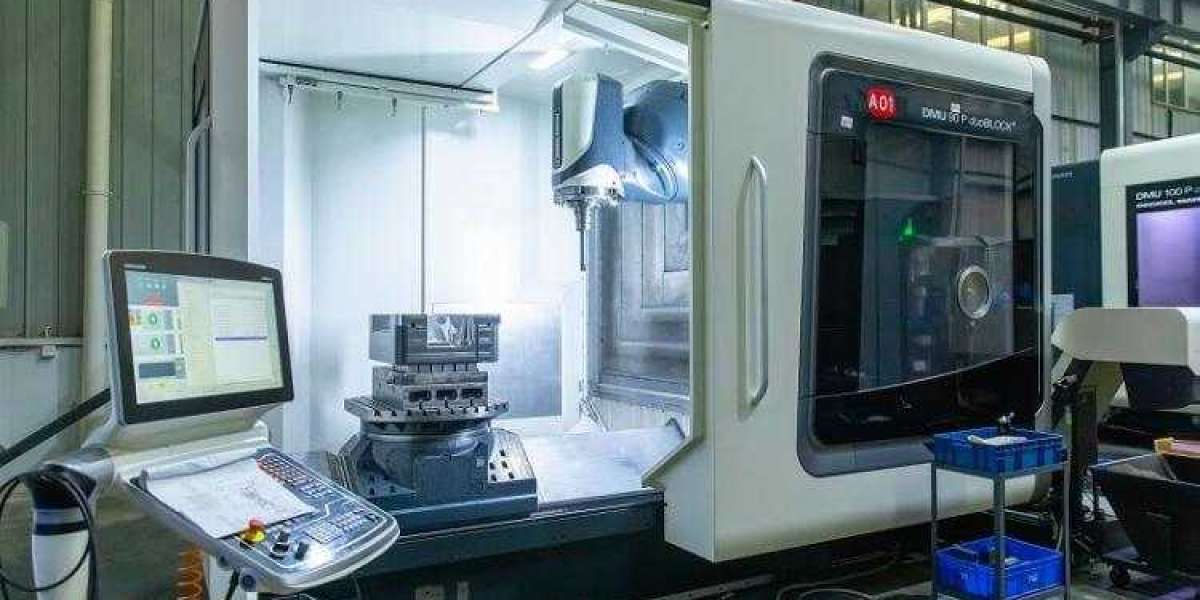CNC stands for Computerized Numerical Control. It is a computerized manufacturing process in which pre-programmed software and code controls the movement of production equipment. CNC machining controls a range of complex machinery, such as grinders, lathes, and turning mills, all of which are used to cut, shape, and create different parts and prototypes. On the day to day, CNC machinists combine elements of mechanical design, technical drawings, mathematics, and computer programming skills to produce a variety of metal and plastic parts. CNC operators can take a sheet of metal and turn it into a critical airplane or automobile part
CNC machining’s application
Aerospace Industry
The aerospace industry has a long-shared history with CNC machining. The machining of metal aircraft components occurs at the highest level of precision. This is highly essential for safety-critical applications. Also, the range of engineering metals compatible with CNC provides aerospace engineers with plenty of options.
applications of cnc machining in the aerospace industry
The applications of CNC machining in the aerospace industry are wide and reliable. Some of the machinable aerospace components include engine mounts, fuel flow components, landing gear components, and fuel access panels.
Automotive Industry
The automotive industry regularly enjoys the uses of CNC milling machine for both prototyping and production. Extruded metal can be machined into cylinder blocks, gearboxes, valves, axels, and various other components. On the other hand, CNC machines plastics into components like dashboard panels and gas gauges.
applications of cnc machining in the automotive industry
CNC machining in the automotive industry is also useful for creating one-off custom parts. The creation of various replacement parts is also possible with CNC. This is because the turnaround times are fast, and there is no minimum required part quantity.
Consumer Electronics
CNC machining also helps in the prototyping and production of consumer electronics. These electronics include laptops, smartphones, and many others. The chassis of an Apple MacBook, for example, comes from the CNC machining of extruded aluminum and then anodized.
In the electronics industry, CNC machining helps to create PCBs, housings, jigs, fixtures, and other components.
Defense Industry
The military sector frequently turns to CNC machining for the prototyping of rugged and reliable parts. The intention of the machining is to allow the parts to withstand wear and tear with minimal upkeep.
Many of these parts overlap with other industries such as aerospace and electronics. The ability of CNC machines to provide on-demand replacement parts and upgraded components are particularly useful in this industry. Therefore, it works well for parts that demand constant innovation and security.
Healthcare Sector
CNC machining offers its use on various medically safe materials. Since the process is suited to one-off custom parts, it has many applications in the medical industry. The tight tolerances afforded by CNC machining are essential to the high performance of machined medical components.



